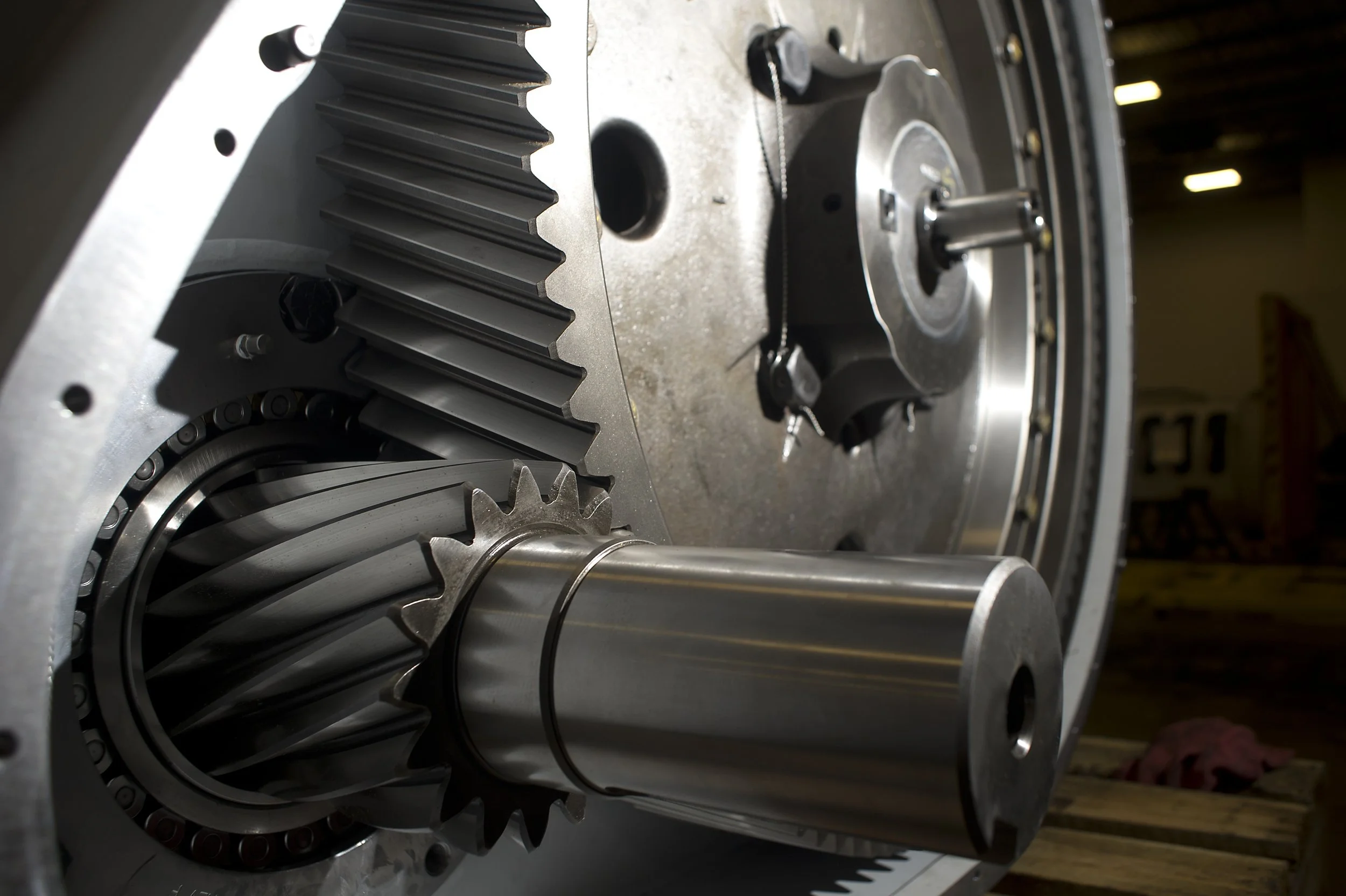Gear Oil Plays a Crucial Role
Power End Gears
Gear oil, like every oil, plays a crucial role. It is the liquid bearing keeping components from connecting together in a bad way. It carries generated heat away and acts as a cleaner, transporting all the debris to the sump that these units bring in through wiper seals and poorly maintained breathers.
Lubrication is top of the list of duties. Friction has to be reduced on all fronts in these systems. Today's equipment, eclipsing 5000 hp, has only oil keeping it working. Gear oil ensures friction and heat are kept within the tight parameters they need to be. Viscosity is a real important factor to consider. It determines the oil’s flow characteristics and the ability to form a protective film between the gears and bearing shells, bearing races, and rollers. All the manufacturers have a recommended index they specify, for condition and climate. It never hurts to constantly evaluate the condition of the oil and the conditions the oils are subjected to. The sampling can tell you volumes. You may be following the recommendations, but you may have a need for a different oil additive package or weight altogether. I always run EP oil. The Extreme Pressure additives are going to protect the gear surfaces with a film engineered to do so.
Heat… with horsepower comes heat. Thermal Stability is a must in a Power frame environment. Gear oils with the ability to combat heat for extended periods of time and maintain the protection needed from breakdown or losing its lubricating properties are a must. Should an oil have good water separation properties? Yes, these units operate through varying conditions, heat cycles, poorly installed or reused gaskets, bolts missing, etc., all potentially allow moisture and water in. Unfortunately, it's very hard to mitigate these things but good water separation properties are favorable. Manufacturers also specify oils due to the materials used in the power frame, seal materials, gasket materials, internal components are considered when specifying approved oils to use.
Remember, these are guidelines; it's up to the end user to decide what's best for the operating conditions and climate. Everyone has oil supplied to them for maintenance of the equipment. These suppliers should have an expert to assist in custom tailoring the packages for the operating conditions of the equipment. They need to ask and consider the usage of the equipment because unfortunately some equipment manufacturers meet the minimum lubrication guidelines for equipment in their environment, not yours. We inquire, ask, and study the work conditions, upkeep, etc., of current equipment, what oils are currently used and have any premature failures been encountered from equipment manufactured by anyone. You learn a lot from these inquiries, and sometimes you can find awesome real solid solutions for the customers regardless of who built the equipment. We are all in this together, and every little bit helps everyone. - Heston

